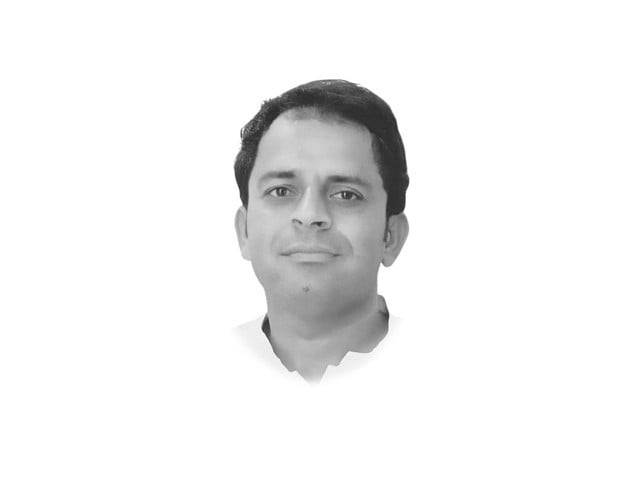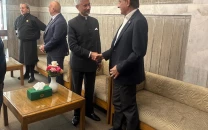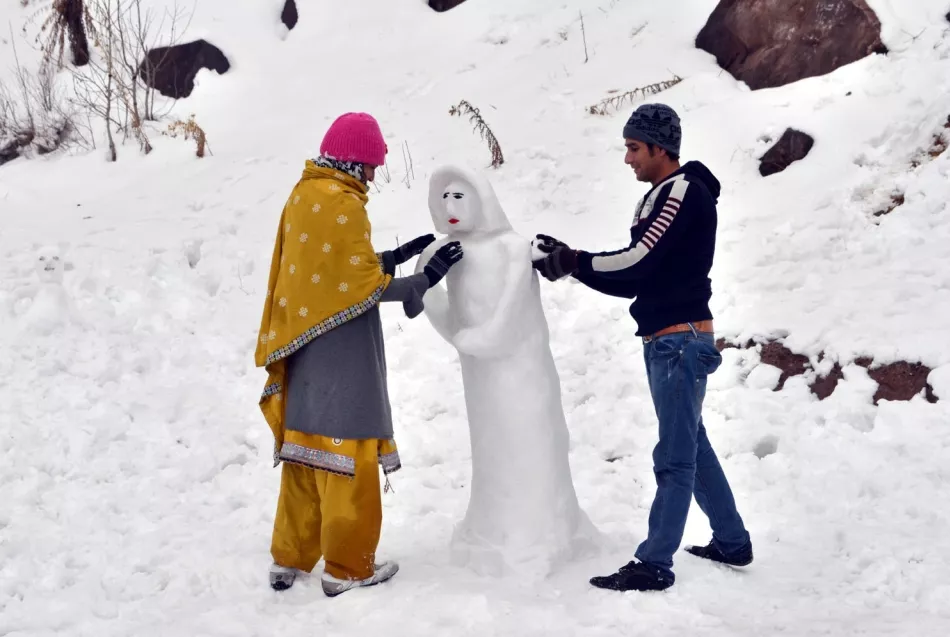Bonded freedom?
Most South Asian countries struggle to fully and equitably capitalise on their hard-earned freedom

Though humankind might claim inherent individual freedom, the need for collective order imposes significant constraints on it. That is, the sustainable fulfillment of primary survival needs — which underscores the necessity of orderly collective affairs — requires individuals, both individually and collectively, to relinquish part of their otherwise unrestrained autonomy to authorities sanctioned for justly organised regulation of collective affairs. However, the questions persist: How much freedom should be given up to maintain social order? Do limits on freedom lead to more order? Does the authority that gains this freedom always act in the best interest of the public?
For centuries, the notion that ordered freedom thrives under self-governance has been tested by history. The pursuit of self-rule has driven movements for self-determination, democracy and revolution and, more recently, efforts to balance freedoms with order. For instance, many countries today — such as Switzerland, New Zealand and Canada — effectively strike this balance by ensuring political freedoms through transparent democracy, free speech and inclusion, while maintaining stability through efficient and responsive governance, low corruption and low crime rates.
However, most South Asian countries struggle to fully and equitably capitalise on their hard-earned freedom. Today, people in these societies face oppressive restrictions on individual and collective liberties, often justified in the name of national security or public order, without Pakistan being an exception. Interestingly enough, excessive social restrictions often have a paradoxical impact: they tend to create more disorder, which then justifies more restrictions under the guise of restoring order to the disorderly social order. This vicious cycle of paradoxical outcomes questions the legitimacy of restricting individual and collective liberties. Meanwhile, the ruling elite enjoy near-absolute impunity for their actions, systematically undermining the very freedoms they claim to protect.
The founders of Pakistan had endured great hardships to enable the people to cultivate a life free from colonial oppression, slavery and suffering. The fruits of freedom, nonetheless, remained out of reach for the people and are being disproportionately reaped by the ruling elite. The Constitution and citizens' rights have long been encroached upon and exploited by our own rulers, who — through exclusive and extractive policies and practices — enforce chains that are native in name but colonial in practice, liberating in appearance but subjugating in effect.
While not entirely new, authorities have imposed selective restrictions on civil liberties, political rights and justice through a series of legislation and acts. The 26th Amendment, the PECA Amendment and summary trials of civilians have accelerated the erosion of civil and political freedoms. Also, the fixed adjudication in the superior judiciary and oppressive curbs on media and civil space speak volumes about the facilitated erosion of liberty in the country. Today, the country has neither that internal freedom nor the desired order.
Notwithstanding the ritualistic elections organised for the dynastically despotic elite, the entrenched influence of unrepresentative forces over government policymaking, media narratives and foreign policy, along with its near-total impunity and indiscriminate use of extralegal force, has tilted the balance toward authoritarian power.
On the 14th of this month, we will cherish our beloved country's Independence Day with impassioned speeches recounting how our founders wrested freedom from British colonial rule. Yet, little thought will be given to whether the nation and its people are truly free today.
Shouldn't the official theme of this year's Independence Day, more realistically, be "A Critical Reflection on Bonded Freedom, Public Resentment and Betrayed Public Hopes for A Just, Inclusive and Prosperous Pakistan?"















COMMENTS
Comments are moderated and generally will be posted if they are on-topic and not abusive.
For more information, please see our Comments FAQ